Way Home from Pakistan’s Prison
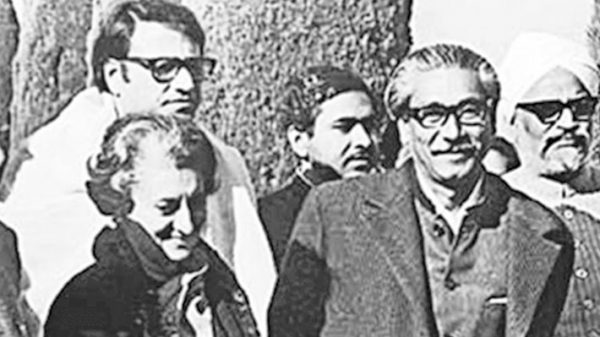
A.K.M. Atiqur Rahman
Pakistan’s President Zulfiqar Ali Bhutto invited Bangabandhu Sheikh Mujibur Rahman to dinner on 7 January 1972. The venue was the guest house of the President of Pakistan. At that dinner, Mr. Bhutto informed Bangabandhu about his release. President Bhutto, at that time, had also proposed Bangabandhu to form a confederation between Bangladesh and Pakistan. Bangabandhu understood what would be his reply. In his strong voice, he said that he would meet his people first, discuss with them, and then he would be able to inform Bhutto. That day, Bangabandhu did not step his feet in the trap of cunning Bhutto.
Father of the Nation Bangabandhu Sheikh Mujibur Rahman, reached London in a chilly frosty morning on 8 January 1972, once he was released from Pakistan’s prison. He talked to the media people shortly after his arrival in London. He said, “Today, I am free to share the unbounded joy of freedom with my fellow countrymen. We have won the freedom in an epic liberation struggle. The ultimate achievement of this struggle is the creation of an independent, sovereign, People’s Republic of Bangladesh of which my people declared me as the President while I was a prisoner in a condemned cell awaiting the execution of a sentence of hanging.”
He told the journalists, “No people has had to pay as high a price in human life and suffering for the freedom that has been exerted from the people of Bangladesh. I cannot wait a single moment to return to my people.” Referring to his discussion with the new Pakistani President Mr. Bhutto, Bangabandhu told them that Mr. Bhutto had appealed to him and the people of Bangladesh to consider the possibility of maintaining some kind of relationship with Pakistan. However, Bangabandhu told Mr. Bhutto that he would not say anything on that proposal until he returned to his countrymen. At that press conference, Bangabandhu made two appeals to the world community- the first was to recognise Bangladesh, and the second was to provide assistance for the hungry people of Bangladesh.
That evening, Bangabandhu met British Prime Minister Edward Heath at his residence at 10 Downing Street. The two leaders spent about an hour discussing various issues of mutual interests. Bangabandhu requested the British Prime Minister to give recognition to Bangladesh at the earliest as well as provide necessary assistances. When Heath asked Bangabandhu what else they could do for him, Bangabandhu’s prompt reply was, “Yes, you can do one more favour, if you could kindly help us with a plane to take us to Bangladesh as soon as possible.” During his one day stay in London, Mr. Harold Wilson, the leader of the then opposition party, came to meet Bangabandhu at the hotel. Besides, the then General Secretary of the Commonwealth, Mr. Arnold Smith, also came to the hotel to meet Bangabandhu. During their discussion, Bangabandhu expressed to Mr Smith the intention of Bangladesh to join the Commonwealth.
After a day’s stay in London, while Bangabandhu was returning to Dhaka on 10 January 1972 by a British Air Force Comet aircraft, he made a stop-over in New Delhi. In fact, that stop-over was not merely a stop-over. It was an occasion to acknowledge India’s unparalleled contribution towards Bangladesh’s independence struggle as well as to express Bangabandhu’s personal gratitude to the government and the people of India.
We know that Indian President Shri VV Giri and Prime Minister Mrs. Indira Gandhi were present at Delhi airport to welcome Bangabandhu. It was a rare occasion in India’s history that both the President and the Prime Minister of India were present at the airport to receive a visiting President or Prime Minister. And the leader, who made that rare instance on that day, was no other person, but the newly independent Bangladesh’s architect Bangabandhu Sheikh Mujibur Rahman.
His statement to the press at Delhi airport clearly stated what Bangabandhu had reserved in his mind. He said, “On my way back to Bangladesh, I have decided to make a stop-over in the historic capital of your great country to personally express my gratitude to the closest friend of my people, the Indian people and your great Prime Minister, Mrs. Indira Gandhi. Mrs. Gandhi is a leader and a humanist as well. The sacrifices you have made and your heroism in achieving our independence are incomparable.”
Bangabandhu is the father of the Bengali nation. As a father, he did not forget even for a moment the love of his children for him, their infinite heroism in the liberation war, the sacrifice of the martyred freedom fighters and, above all, the victory of his Bangali people. That is why he said, “Our war for freedom was a struggle to walk from darkness to light and to attain hope from hopelessness. I am going back to my dreamt golden Bangla after nine months. During these nine months, my people have accepted many sacrifices. Many have struggled and endured many persecutions.” He said that his people cried when the Pakistanis arrested him, struggled when the Pakistanis kept him in prison and when he was returning to them, they were then victorious. Bangabandhu said, “I am going to share the joy of their victory.”
The Father of the Nation also mentioned that there were many works ahead of them. The great struggle to transform victory into peace, progress and development are in front of them. He said, “I’m not going back with any hatred against anyone. I am going with the satisfaction of victory of truth against falsehood, the victory of guileless conduct against ill-treatment, victory of courage against cowardice, the victory of justice against injustice and victory of bliss against evil.”
A public meeting was organised at the parade ground of the Delhi Cantonment on that day to welcome Bangabandhu. The national anthem of the two countries was played. Bangabandhu was given the Guard of Honour. Apart from Indian President VV Giri, Prime Minister Indira Gandhi, cabinet ministers and local dignitaries; diplomats from 20 countries were present at that reception meeting. At the moment Bangabandhu started his speech in English, the people attending the meeting requested him to speak in Bangla. And Bangabandhu respected their request by giving his speech in Bangla.
The President and Prime Minister of India also spoke on that occasion. President VV Giri, in his address, said that he was very delighted and pleased to welcome Bangabandhu Sheikh Mujibur Rahman to their country. He said the Indian government and the people of India had been waiting for such an occasion to get Bangabandhu amidst them. He said, “You are the visible symbol of the eternal consciousness of suffering and sacrifice for human liberation and human freedom.” The Indian President said that the emergence of independent Bangladesh was a unique event of the democratic movements in world history. Mentioning Bangabandhu as the Father of the Nation of Bangladesh he further said, “The deep faith and confidence that 75 million people of Bangladesh have placed on you has given the birth of golden Bengal, and we have no doubt that it will earn a seat of pride in the world community.”
The President of India said that he had constant faith and confidence in Bangabandhu, the symbol of peace and freedom. VV Giri’s understanding of Bangabandhu’s leadership and vision was sky-scraping. That’s why he could say, “At this historic moment you are returning as the head of your country which will strengthen and ensure the possibility of lasting and sustainable peace in the region.”
Bangladesh was immersed in a wreck. Bangabandhu will have to take responsibility for making Bangladesh stand. In that context, President VV Giri said in his speech, “The reconstruction work in Bangladesh is immense. Rehabilitation of those whose homes have been destroyed and those who have taken refuge in India and are now returning to Bangladesh is one of the most urgent problems in your country. I have no doubt that under your wise leadership the people of Bangladesh will be able to sincerely engage them in the urgent task of rapid economic and social progress that is lying in front of them.”
President VV Giri, at the end of his brief speech, expressed optimism saying, “Our two countries, India and Bangladesh are in strong friendship and both countries are devoted to the principles of democracy, secularism, and socialism. I wish you and the people of Bangladesh all the best in your endeavours. May you stay long in leading your people and country to prosperity.”
On that occasion, Prime Minister Indira Gandhi, the daughter of Jawaharlal Nehru, gave a brief speech welcoming Bangabandhu. Greeting the President of Bangladesh, she said that he had promised to give his people independence and he gave that. India pledged to liberate Bangladesh, liberate Mujib and eventually send back the refugees to their homes.
She said that Bangabandhu was returning home and she believed that under the leadership of Bangabandhu, secularism and democracy would prosper. Mrs Gandhi also said that though Bangabandhu was in prison he was the inspiration to fight against the military ruler of Pakistan. While ending her speech, Prime Minister Indira Gandhi said that Sheikh Mujib was returning to his country, his people and his family and a major challenge was waiting for him at home – the reconstruction of Bangladesh.
Bangabandhu Sheikh Mujibur Rahman, the Father of the Bengali nation, the President of independent Bangladesh, was the last speaker of the meeting. And as I have mentioned earlier, when Bangabandhu started his speech in English, the people present requested him to give his speech in Bengali and Bangabandhu did that.
At the very beginning of his speech, Bangabandhu expressed his gratitude to India saying that the people of Bangladesh would never forget the sympathy and support extended by the Prime Minister, the government, the brave armed forces and ordinary people of India in the misery and struggle of Bangladesh and its people.
Referring to the brutality that Pakistanis had carried out in Bangladesh, he said that human never experienced it in history. Bangabandhu expressed his firm belief in the ideals of secularism, democracy, human freedom, and world peace. He said that he had never thought that he could be able to go back to his golden Bengal.
When Bangabandhu stood to speak before the large gathering, he was greeted with continuous claps in applause. He said that he was returning to his people, but they were destitute, though they were independent. He had lost many of his friends who were killed by the Pakistani army, whose houses were burnt and their chastity was violated. He repeatedly spoke of the unity of cooperation between the people of Bangladesh and India in terms of ideals and beliefs. He hoped that his country would prosper in the eternal friendship between the two countries.
While addressing the Indian government and the people, Bangabandhu said that despite their thousands of problems, India had provided food to 10 million Bangladeshis. Referring to the support of the Indian Armed Forces in Bangladesh’s independence war, Bangabandhu said that he could never forget their contribution. Bangabandhu went on to say, “I am personally grateful to Indira Gandhi for trying to secure my freedom; also, the people of Bangladesh are grateful to India for giving refuge to so many Bangladeshis. There are many Indians who are facing hardship, yet they gave us all-out support.” He said, “No nation has paid such price in the history of the struggle for independence as paid by the people of Bangladesh”.
It was expected in the India-Bangladesh joint communiqué issued at that time that the world community would accept and recognise Bangladesh. Only those who wanted to continue unrest in this area and destroy world peace would remain blind to this reality. Both governments were convinced that if they try to turn the history back, their efforts would fail.
The joint communiqué also stated that Indian troops would be withdrawn at the request of the Bangladesh government. The two governments would work for progress, peace, and prosperity.
Bangabandhu, finally, had arrived Dhaka on 10th January 1972 afternoon.
The writer is a former Ambassador and Secretary




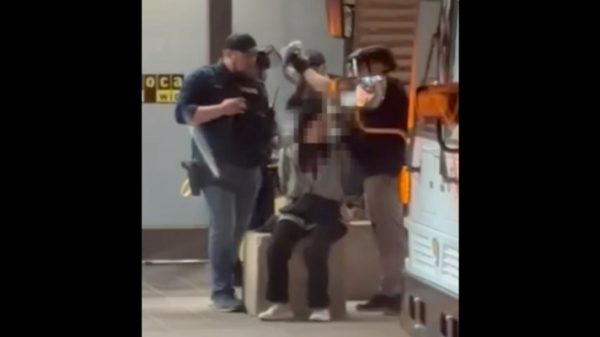
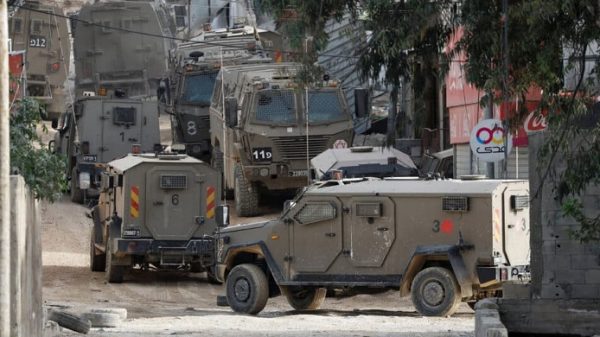
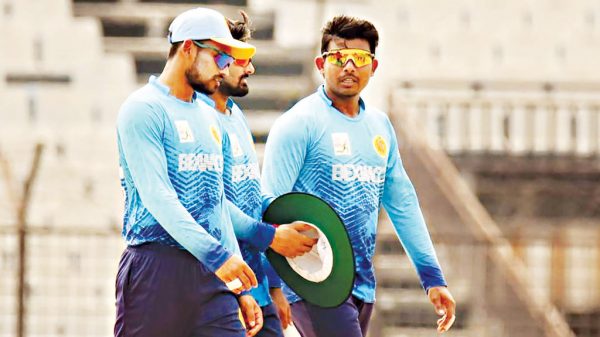
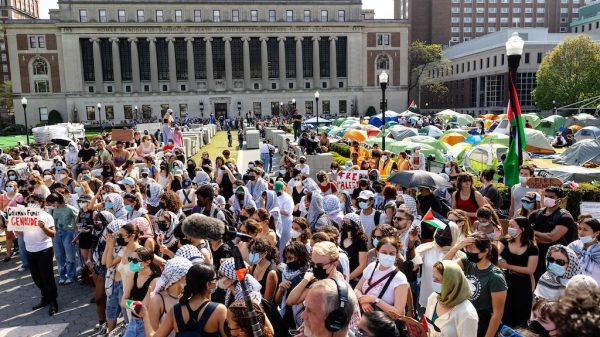
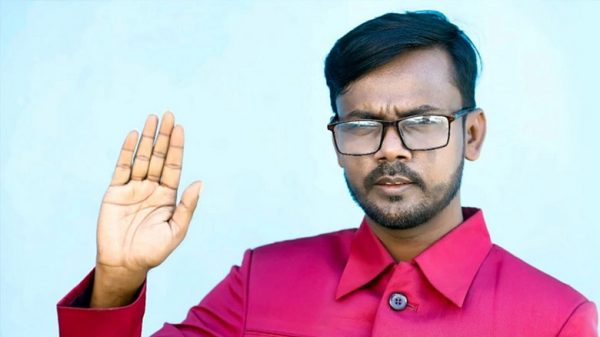
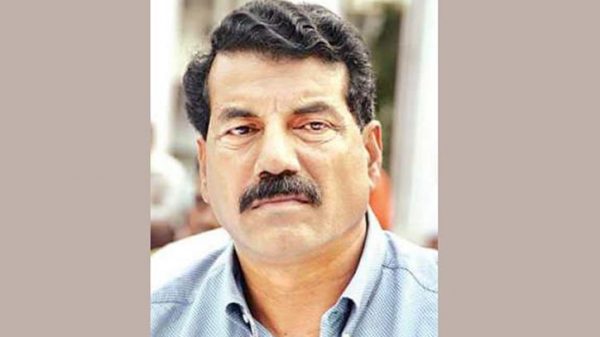
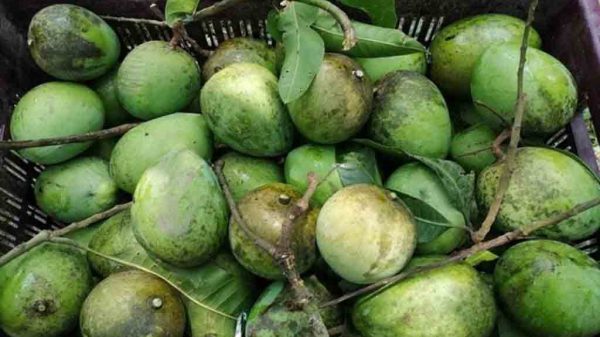
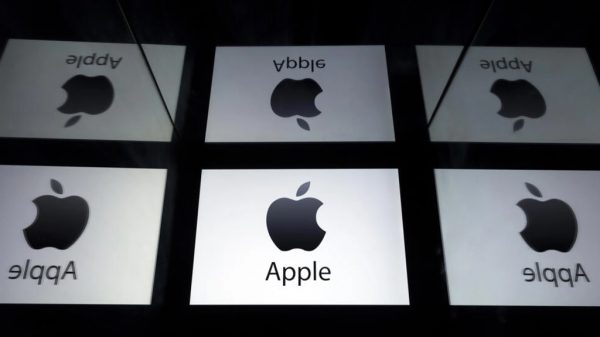











Leave a Reply